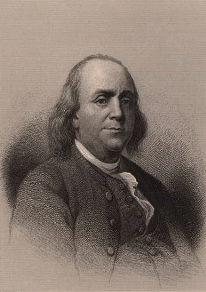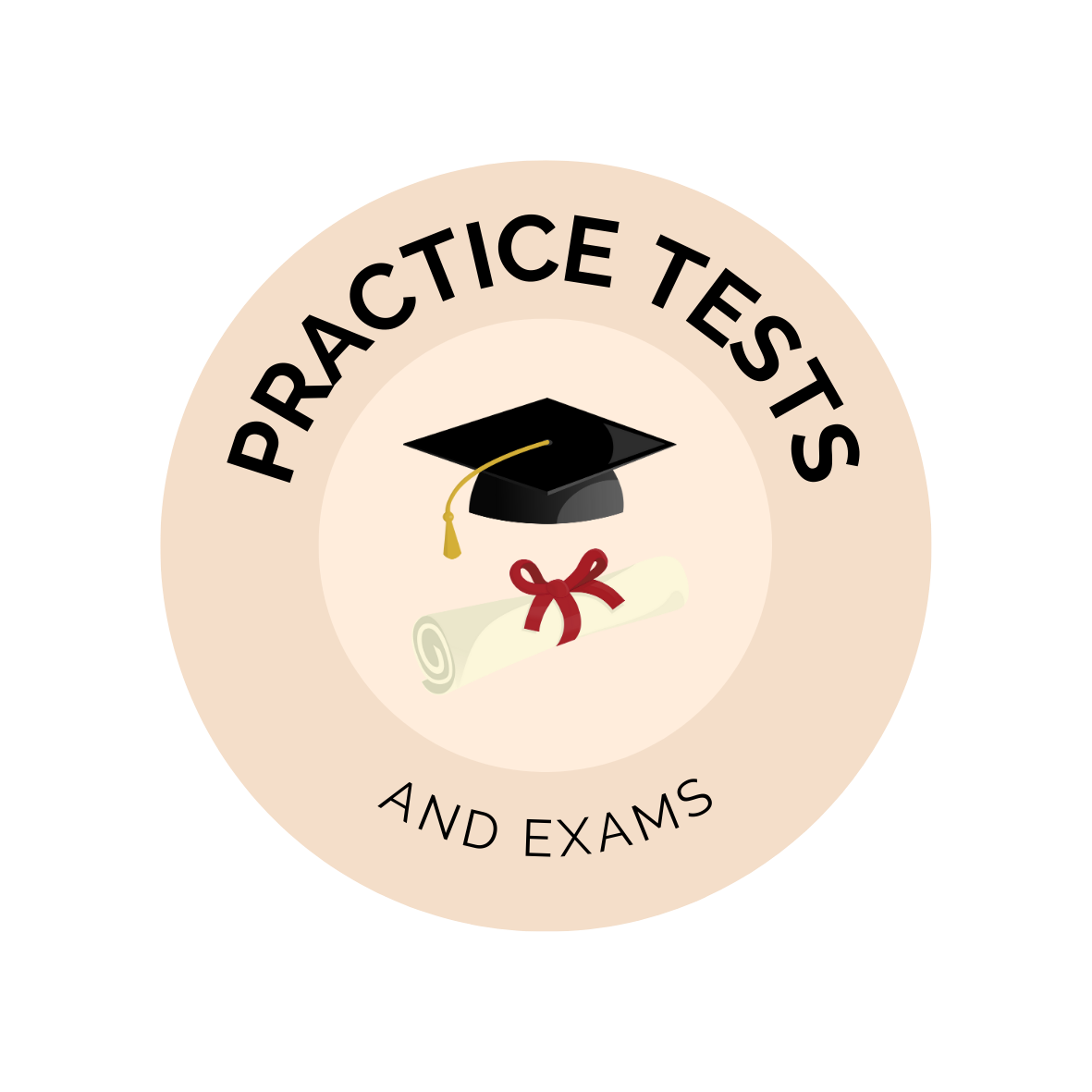How to Navigate Autobiographical Passages in Reading Comprehension Exam
Reading comprehension exams can be interesting and challenging, especially when dealing with autobiographical passages. These texts give us a personal account of someone's life and can mix facts with the author's opinions.
With the right approach, readers can untangle the complex web of personal stories and better understand what the author is trying to tell us.
Here are some things to remember when reading autobiographical passages:
Autobiographies are about a person's life experiences and viewpoints.
The author's perspective influences the story and can be influenced by emotions and the desire to present themselves a certain way.
Reading carefully helps understand the true meaning of the story.
Answer factual questions and pay attention to how the author uses language.
Autobiographies may include fiction to make the story more interesting or show the author's perspective.
Applying What You Have Learned
Here's a passage from Benjamin Franklin's autobiography. Read closely and consider the following questions:

Source: https://www.readingvine.com/passages/the-autobiography-of-benjamin-franklin-part-two/
At the time I establish'd myself in Pennsylvania, there was not a good bookseller's shop in any of the colonies to the southward of Boston. In New York and Philad'a the printers were indeed stationers; they sold only paper, etc., almanacs, ballads, and a few common school-books. Those 78 who loved reading were obliged to send for their books from England; the members of the Junto had each a few. We had left the alehouse, where we first met, and hired a room to hold our club in. I proposed that we should all of us bring our books to that room, where they would not only be ready to consult in our conferences, but become a common benefit, each of us being at liberty to borrow such as he wish'd to read at home. This was accordingly done, and for some time contented us.
Finding the advantage of this little collection, I proposed to render the benefit from books more common, by commencing a public subscription library. I drew a sketch of the plan and rules that would be necessary, and got a skilful conveyancer, Mr. Charles Brockden, to put the whole in form of articles of agreement to be subscribed, by which each subscriber engag'd to pay a certain sum down for the first purchase of books, and an annual contribution for increasing them. So few were the readers at that time in Philadelphia, and the majority of us so poor, that I was not able, with great industry; to find more than fifty persons, mostly young tradesmen, willing to pay down for this purpose forty shillings each, and ten shillings per annum. On this little fund we began. The books were imported; the library was opened one day in the week for lending to the subscribers, on their promissory notes to pay double the value if not duly returned. The institution soon manifested its utility, was imitated by other towns, and in other provinces. The libraries were augmented by donations; reading became fashionable; and our people, having no publick amusements to divert their attention from study, became better acquainted with books, and in a few years were observed by strangers to be better instructed and more intelligent than people of the same rank generally are in other countries.
Questions:
1. What led Benjamin Franklin and his colleagues to establish a book collection in their club?
a) Lack of good booksellers in the colonies
b) Their love for reading and books
c) The absence of public libraries in Philadelphia
d) The need for a common benefit among the club members
2. How did Benjamin Franklin propose to make the benefit of books more common?
a) By starting a public subscription library
b) By opening a bookstore in Philadelphia
c) By encouraging the colonies to establish libraries
d) By organizing book donation drives
3. How many persons were willing to pay for the establishment of the public subscription library?
a) Over fifty young tradesmen
b) More than a hundred subscribers
c) Only Benjamin Franklin
d) No one was willing to pay
4. What was the policy of the library regarding book loans?
a) Subscribers had to pay double if they didn't return the books
b) Subscribers were allowed to keep books for unlimited time
c) Subscribers had to pay an additional fee for borrowing books
d) There was no policy mentioned in the passage
5. What was the impact of the public subscription library on the people of Philadelphia?
a) They became more entertained and diverted from studying
b) They became better acquainted with books and more intelligent
c) They lost interest in reading and books
d) They started importing more books from England
Answers:
1.The correct answer is a) Lack of good booksellers in the colonies.
This is mentioned in the passage as the reason why people had to send for books from England and why the club members decided to bring their own books to their meeting room.
2. The correct answer is a) By starting a public subscription library.
This is mentioned in the passage where Franklin suggests the idea and draws up a plan for a library where subscribers would pay to purchase books and contribute annually to increase the collection.
3. The correct answer is a) Over fifty young tradesmen.
This is stated in the passage as the number of individuals who contributed forty shillings each and ten shillings per annum towards the library fund.
4. The correct answer is a) Subscribers had to pay double if they didn't return the books.
This is mentioned in the passage as the policy of the library, where subscribers had to provide promissory notes and agree to pay double the value if the books were not returned on time.
5. The correct answer is b) They became better acquainted with books and more intelligent.
This is stated in the passage, as the library's popularity grew, reading became fashionable, and the people of Philadelphia were observed to be better instructed and more intelligent by strangers.
Final Words
To read autobiographical passages well, you need to understand the author's perspective, and how they use facts and opinions. Autobiographies give us a window into the author's personal experiences and feelings. By getting better at reading autobiographies, we can enjoy the stories more, relate better to the characters and learn about different human experiences.





0 comments